Frequently Asked Questions
If you’re not familiar with therapy, taking that brave first step can feel intimidating and nerve-wracking. Below are some questions frequently asked by new clients to help demystify the process. I am happy to discuss any further questions at your first free 20-minute consultation.
How do I know if I need therapy?
Everyone’s healing journey is different, and it is up to each individual to determine if therapy would be a helpful tool in their life. A common measurement of when therapy may be needed is if a mental or emotional issue, like depression, grief, or anxiety, for example, is starting to affect your day-to-day functioning, relationships, or job/school performance. However, some clients enter therapy for occasional checkups and a place to process short-term issues that may arise as a form of preventive care. In our one-on-one consultation, we can discuss how therapy may benefit you given your unique situation.
Why pay for therapy? Isn't that what friends/ family are for?
What is therapy like? What should I expect in each session?
Is what we talk about in therapy confidential?
- If a client expresses that they are an immediate danger to themselves or other
- If the client is engaging in abuse of a child, elder, or dependent adult
- If the client is a victim of abuse as a child, elder, or dependent adult
- If I am ordered to release information by a judge in a court of law
What does therapy cost?
What people are saying...
Sed ut perspiciatis unde omnis iste natus error sit voluptatem accusantium dolorem
Very Satisfied
- Client's Name
Excellent Service
- Client's Name
I feel better
- Client's Name
